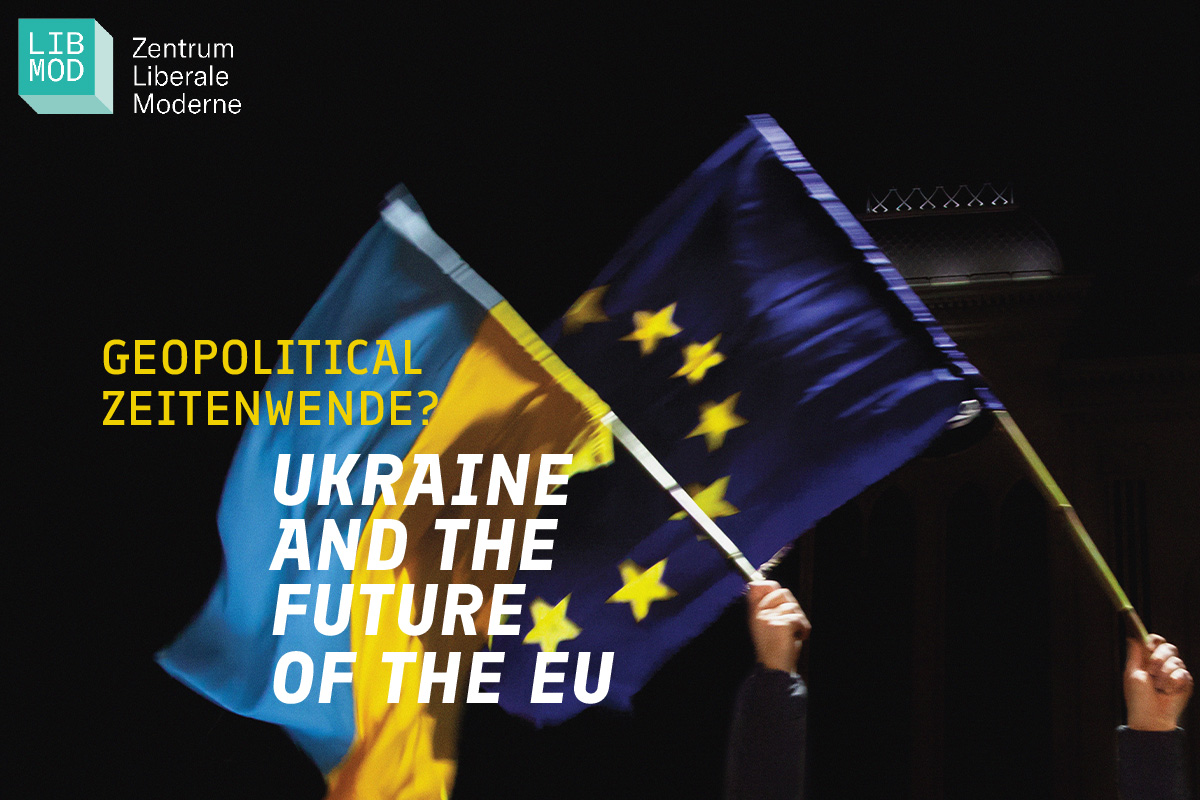Roadmap Towards Climate Neutral Aviation
 The Roadmap „Towards Climate-Neutral Aviation“ by Ralf Fücks (Zentrum Liberale Moderne), Matthias von Randow (Chief Executive of the BDL) and Volker Thum (Chief Executive of the BDLI) summarizes the results of a series of discussions with members of the Bundestag, the representatives of federal and state ministeries, the aviation industry and independent experts. The key finding is that making air travel compatible with climate protection is a realistic goal. However, a successful transition to climate-neutral air travel can only be achieved if science, industry, airlines, airports, and political actors join their efforts. An appropriate regulatory framework for aviation and a major effort to develop technical innovations to market maturity are needed now.
The Roadmap „Towards Climate-Neutral Aviation“ by Ralf Fücks (Zentrum Liberale Moderne), Matthias von Randow (Chief Executive of the BDL) and Volker Thum (Chief Executive of the BDLI) summarizes the results of a series of discussions with members of the Bundestag, the representatives of federal and state ministeries, the aviation industry and independent experts. The key finding is that making air travel compatible with climate protection is a realistic goal. However, a successful transition to climate-neutral air travel can only be achieved if science, industry, airlines, airports, and political actors join their efforts. An appropriate regulatory framework for aviation and a major effort to develop technical innovations to market maturity are needed now.
LibMod_Roadmap_ClimateNeutralAviation‑1
Air travel is the transport infrastructure of our globalized world – a physical world wide web. It enables personal encounters across national borders. It makes politics, business, science, culture, and sports more international. It is also the means of transport of global tourism. Migrants visit their families, students use opportunities for international exchange, and non-governmental organizations also network globally. Video conferences and video chats can only ever be partial substitutes for face-to-face encounters.
Until the COVID-19 pandemic caused a dramatic drop in passenger numbers, plunging the aviation industry into dire crisis, the evolution of passenger numbers knew only one direction: upwards. Between 2013 and 2018, aviation volumes in the European Union increased by 26 percent. In 2019, about 4.5 billion passengers travelled by air worldwide, a figure that was projected to double to about 9 billion by 2040.
The COVID-19 crisis caused an unprecedented collapse of air traffic. A large portion of European airlines are currently in the red. The industry’s financial strength is waning. Demand for new, more environmentally friendly aircraft has plummeted drastically, which heightens the urgent need to promote climate-friendly innovations in air transport within the framework of the “European Green Deal” and other government programs.
It is virtually impossible to predict with any degree of reliability how quickly aviation will recover from the COVID-19 crisis and how it will evolve in the future. From a global perspective, however, demand for air transport will grow again. With rising incomes in developing countries and their integration into the global economy, private and commercial air travel will increase in the long term. A growing global middle class also means a growing number of potential air passengers.
This is why it is so important to make air travel climate-neutral. Today, air traffic is causing about three percent of global CO2 emissions. Its actual contribution to the greenhouse effect, however, is greater due to additional climate effects (nitrogen oxides, water vapor, etc.). The IPCC puts the contribution of aviation to total greenhouse gas effects at up to five percent. Given the global trend, radically restricting air traffic is not a realistic option. It might be discussed in a country like Germany. It is not even up for debate in China, India, the US, and aspiring developing countries.
At the same time, however, aviation – like all other economic sectors – has committed itself to the goal of climate neutrality. This move towards climate-neutral air travel offers great opportunities for Germany and Europe to become pioneers of a future industry, from aircraft construction and propulsion technology to the production of climate-neutral fuels at an industrial scale.
Avenues Towards Climate-Neutral Air Traffic
In this context, the Zentrum Liberale Moderne, the German Air Transport Association (BDL) and the German Aerospace Industries Association (BDLI) held a series of talks with members of the German Bundestag, representatives of federal and state ministries, and scientific experts throughout 2020. Our focus was on avenues towards climate-neutral air travel and the political course we need to set to attain this target. The following is a summary of our key takeaways from this series of talks, our “Roadmap Towards Sustainable Air Travel”.
Our key finding is that making air travel compatible with climate protection is a realistic goal. There is a broad consensus between the aviation industry, science, and politics on the potential for climate-neutral air travel. The question is no longer “whether”, but “how”, i. e. with which concrete measures and instruments, we can reconcile climate policy goals with a functioning international aviation system.
You can download a PDF-version of the Roadmap Towards Climate-Neutral Air Travel here.
![]()
Hat Ihnen unser Beitrag gefallen? Dann spenden Sie doch einfach und bequem über unser Spendentool. Sie unterstützen damit die publizistische Arbeit von LibMod.
Spenden mit Bankeinzug
Spenden mit PayPal
Wir sind als gemeinnützig anerkannt, entsprechend sind Spenden steuerlich absetzbar. Für eine Spendenbescheinigung (nötig bei einem Betrag über 200 EUR), senden Sie Ihre Adressdaten bitte an finanzen@libmod.de
Verwandte Themen
Newsletter bestellen
Mit dem LibMod-Newsletter erhalten Sie regelmäßig Neuigkeiten zu unseren Themen in Ihr Postfach.



 The Roadmap „
The Roadmap „

